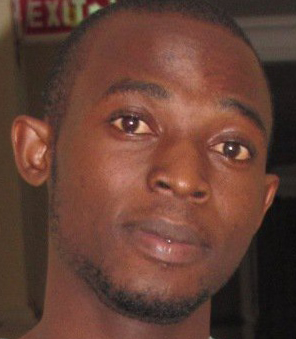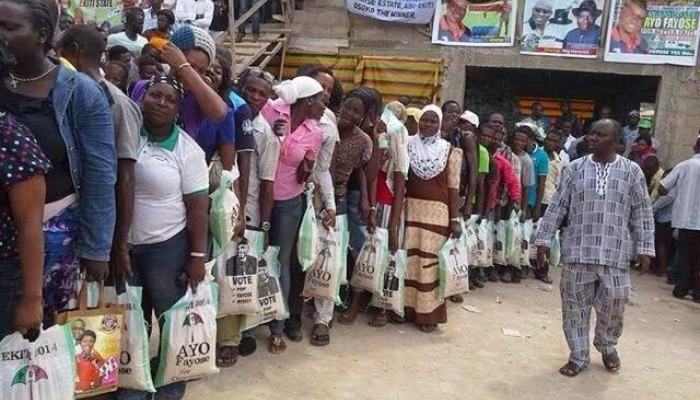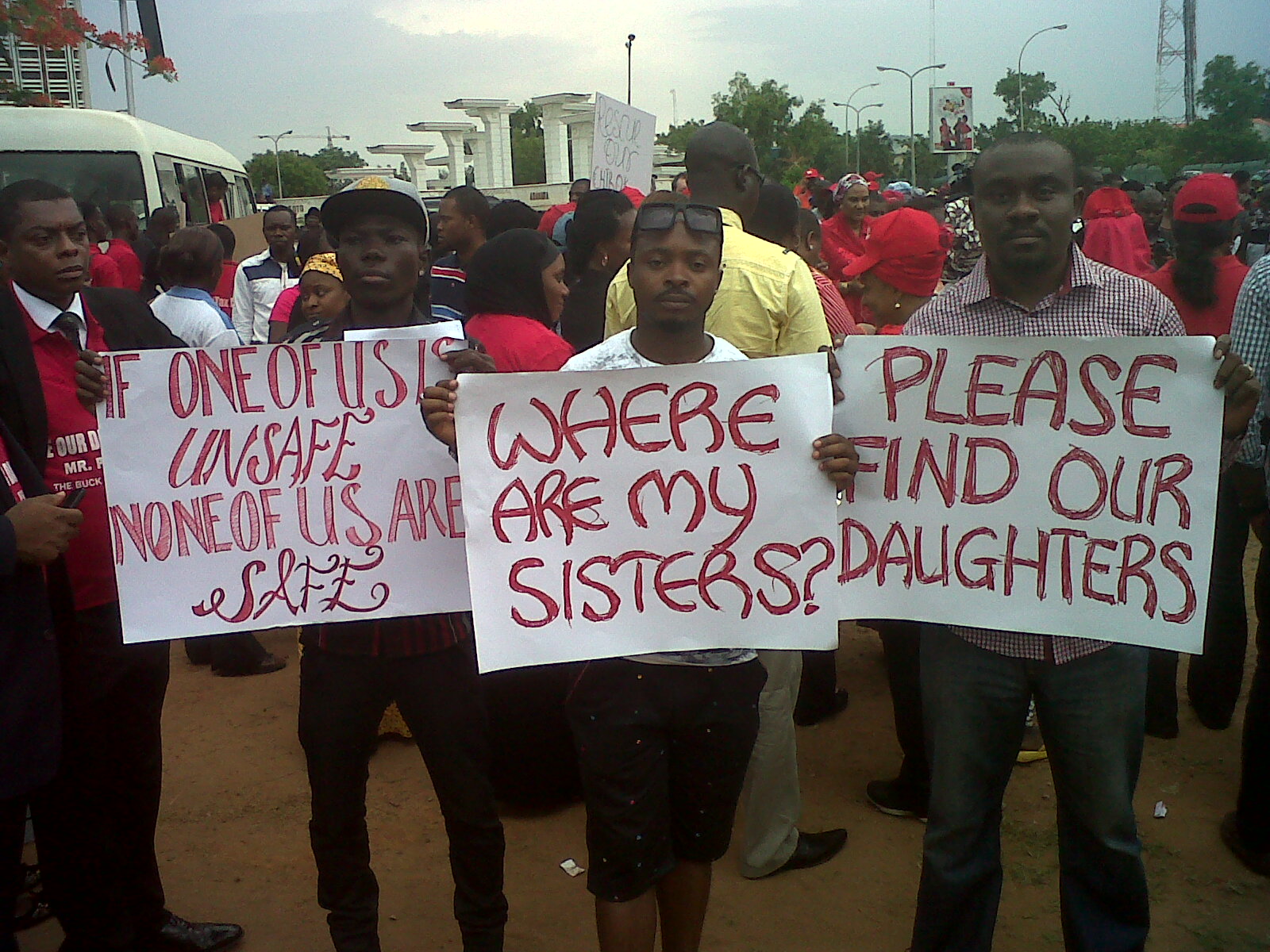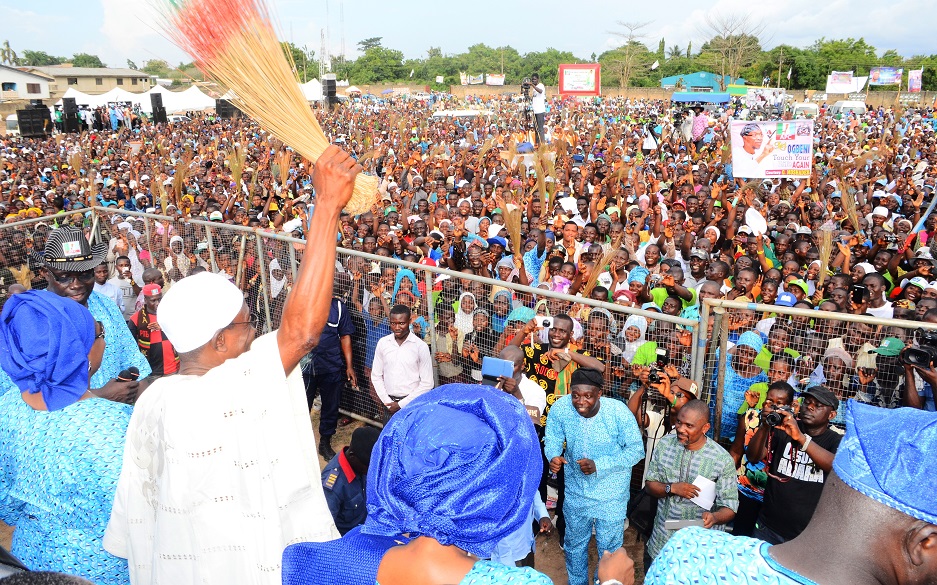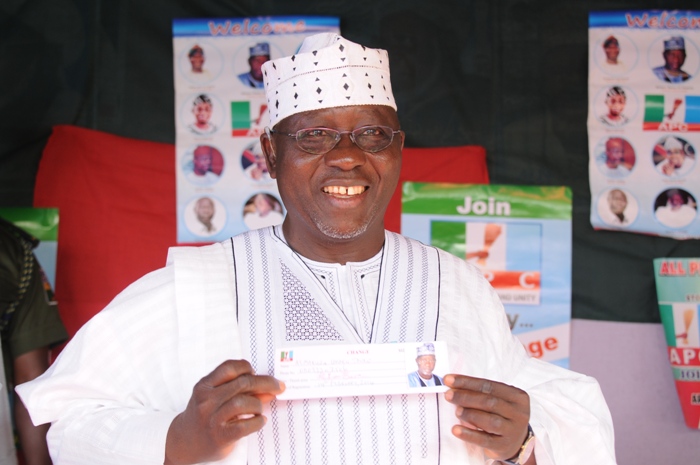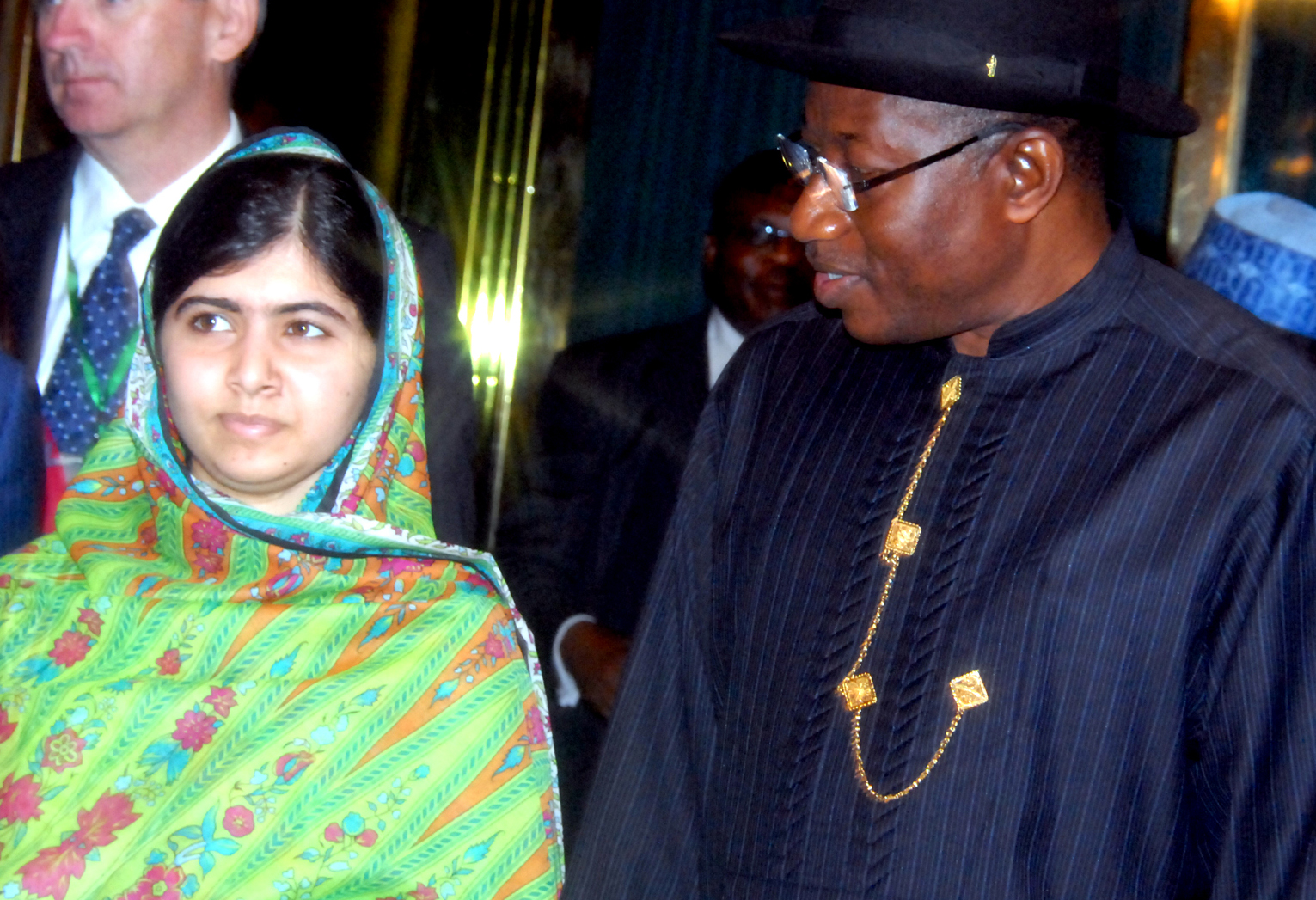Let me begin with a declaration that I’m always suspicious of generous politicians just as much as I am of marked sycophants. For I find as ironic the acts of using up one’s hard-earned resources just for a chance to manage a people’s funds.
But I quite understand why, and for what, they do what they do and in whose name those are being done. They do these, according to their claims, in the name of what they worship and for the preservations of humanity, but even the most wretched of the electorate knows that political philanthropy is for the interests of the benefactors.
Our society is what it is because pre-election philanthropy has become an aspect of our democracy. This has also been the excuse for witnessed under-developments which, because of our complicity, we lack the moral rights to contest. We forestall developments in the way we ask and encourage our politicians, especially those still active, to fund or even set up private causes. Doing so does not only legitimise their loots, for those who see every politician as a thief, but makes politicking more expensive such that when contenders for political offices finally get elected, their primary concern becomes to recover all they wasted on us, mere parasites, who lose their senses when distracted by easy cash.
Prebendalism has done enough damage to us already, so we must let politics be strictly for those who can manage public funds and trust, those ready to bring us desired changes. Politicians aren’t fools, they don’t pluck money from trees. The more you task them with sponsoring your private projects, the more public funds disappear from the treasury. This is not magic; this is a reality. But this is just the situation the Nigerian elite create to keep the masses needy and also to justify their thefts of the common wealth.
Advertisement
Politics in Nigeria is so expensive that whoever manages to scale past the demands of the needy and the sycophantic lots only strategises to recoup his finances on being elected. With interest, in quantum. This is the same thing with every political appointment, seen by dependants as an opportunity by “one of our own” to bring back their share of the nation’s resources. And the psychological unrest of the appointees whose houses become tribal convergence centres inspire them to use public funds to settle their friends and tribesmen who are always around to receive the aforementioned share of the dividends.
It is, however, needless to pity the politicians and political appointees, as many actually convert such patronages to their strengths; the ceaseless stipends doled out earn them the trust and political solidarity of the beneficiaries who find nothing wrong in, say, a minister of education, using funds budgeted for national projects for personal issues. This is the Nigeria the public servants prefer really, a Nigeria of economically-dependent masses, a Nigeria where our sycophancy affects policy implementation.
This dilemma of our dysfunctional democracy was recently highlighted by the outcome of the Ekiti governorship elections where incumbent Governor Kayode Fayemi, considered idealistic and, to some, elitist, lost to Ayodele Fayose — a political philanthropist who had better understanding of a democracy built on “stomach infrastructure”. The difference between a politician who pursues idealism and the one who plays on stomach infrastructure is like that between, say, musicians Dare Art Alade and Timaya.
Advertisement
Dare, in pursuit of perfection, struggles to imitate the masters of quality music, just the way a Fayemi would think he’s also treading on the paths of the true democrats. Timaya, on the other hand, knows the deficiency of our people; he knows they’re not sophisticated, and not quite amused by carefully-mastered songs, hence his resort to sing for the streets: the mechanics, the job-seekers, the plantain sellers, the vulcanisers — dreamers all of them!
At the end, who wins, between Timaya and Dare? If you conduct a poll among the “masses”, there’s a possibility that only two out of 10 really appreciate Dare’s craft, while almost all mime to Timaya’s anthem for the suffering class. Carry out similar poll among the urban listeners who, as Trace Urban would say, love hip-hop and RnB, the rejection of Timaya as a bard for the touts, and of course the “lowlifes”, may be unanimous. Yet, Timaya’s fans, despite being socially powerless — incapable of writing reviews to promote their man — outnumber Dare’s.
I don’t blame the people of Ekiti for booting out a representative who, from available reports, was closer to the urban technocrats and intellectuals and even cyber-analysts than he was to rural motorcycle riders, farmers and market women. Nigeria is not yet ready for a Wole Soyinka as leader, just as much as it does not deserve a James Ibori as its manager. We need a leader capable of overseeing the marriage of the two. What Nigeria needs is a Fela Kuti, a conscientious leader who understands and recognises, without condescension, the streets and needs of Dei-Dei and Ajegunle, and yet appreciates the place and essence of the technocrats and intellectuals as builders of Asokoro and Lekki!
But our conditions have not challenged our leaders to initiate the means of breeding sophisticated citizens, those capable of rejecting gifts of rice and sugar. Instead they all have adopted Fayose as role model in their desperate bid to oust an incumbent whose performance may be impressive, but not up to the expectations of the understandably needy masses.
Advertisement
The worst of these mentees of Fayose may be from the north where, aside from the maddening poverty, religion is also ever a certain tool of misleading the people. Of the many northern leaders who have shown their versions of “rice and sugar” philanthropy, I was amused by that of former Zamfara State governor, Alhaji Mahmud Aliyu Shinkafi who, like Fayose, is seeking to become the number-one citizen of his state again. It was not that he had his face colourfully branded on his bags of rice and sugar that disturbed me. It’s the fact that he had them referred to as “Sadaqatul Jariyah” — ceaseless charity!
Those bags were not for charity, for they were offered in expectation of a certain return, a favour. They were also not ceaseless, for we all know they would stop after the elections. That was an outright exploitation of a people’s vulnerability — a people whose economic troubles were caused by mismanagements of public funds and abuse of public trust by these same pre-election philanthropists. It was also a clear misrepresentation of the Islamic concept of continuous alms. Yet these political charlatans are taken more serious by the electorate, in their obsessions with upgrading the infrastructure of the stomach!
Unless we ally as citizens to demand for a nation of fishermen, not distracted fish-eaters — fishermen who know the boundaries of their rights — this tradition would remain a drawback. There is no hope that we would realise this Nigeria if such dangerous responsibilities are placed on politicians such that they compromise on a functional Nigeria.
Unless we recognise that we lose our right to bully our politicians to work as expected when we see them as our private ATMs, we’re forever chained to the feet of destructive elitism. Unless we recognise that we don’t need a kobo from any politician to support private causes, there will be no free democracy, and no sympathy for our sufferings. We must beware of the charities that come in election years!
Advertisement
